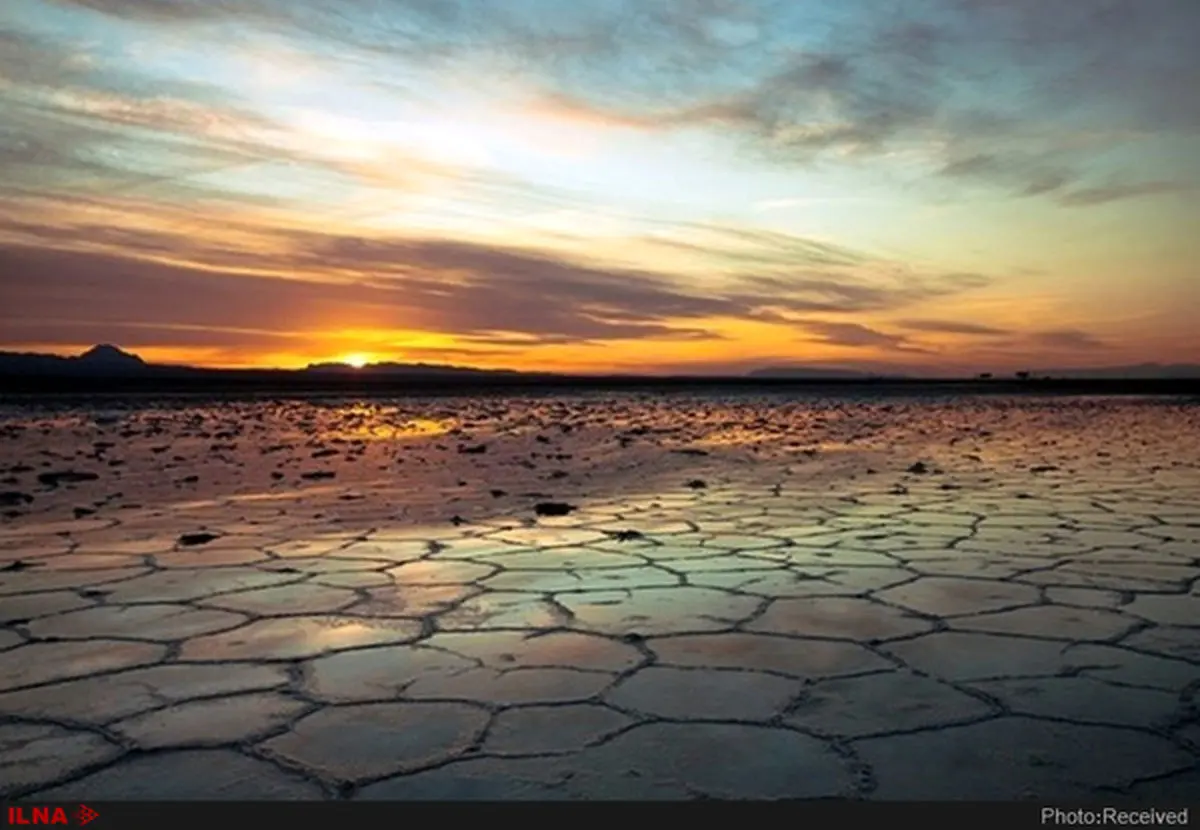Iran to probably face drought this year: Expert

Given that Iran is an arid and semi-arid region, the rainfall rate is low, in other words, the fluctuations of rainfall vary significantly from year to year, Abolghasem Hosseinpour told ILNA on Saturday.
Over the last two years, Iran was doused with rain which was unprecedented during the past 50 years, but last year, unfortunately, the country faced drought, which shows a 40 percent decrease in rainfall, he explained.
He went on to note that for example, Sistan-Baluchestan and Hormozgan had a decline of 80 to 85 percent compared to the average rainfall, and among all, only four provinces received normal rainfall, which may cause drought this year, so that we need to strengthen watershed and aquifer infrastructure.
Watershed management is a solution to strengthen the ecosystem in the face of subsequent droughts by penetrating rainfall into the ground, he said.
Referring to the importance of watershed management, Hosseinpour noted that watershed management in the wet season will reduce flood damage, drought, and water shortage problems, in addition to stabilizing the ecosystem of the region.
“We are in dire need of infrastructure development, and the implementation of activities at the level of one million hectares per year, given the climate change conditions and the problems of drought and floods in the country, should be three or four times higher,” he concluded.
Wet spell
Rainfall extremes over the past three years slowly questioned the conception that Iran is experiencing a long-term drought and some of the experts announced that a wet spell will embrace the country.
So, some experts claimed that Iran has entered a period of a wet spell after experiencing dry spells over the past few decades, some others highly rejected the claim implying that the country faced a lack of rain by 50mm over the past 5 decades.
Climate disruption or global climate disruption, is the new term scientists are using to explain the extreme fluctuations that can and will occur to our weather systems as anthropogenic-caused carbon dioxide and other greenhouse gases increase in our atmosphere, the oceans get warmer, and weather events go wild.
The report regrets that climate disruption will be continuing as climate change is on the rise and it calls on taking proper and effective measures to alleviate the adverse effects of climate change on the country.
In fact, experiencing two or three consecutive years of rainy days cannot ensure that drought no longer hits the country, but then it may enter a multi-year drought.
END
